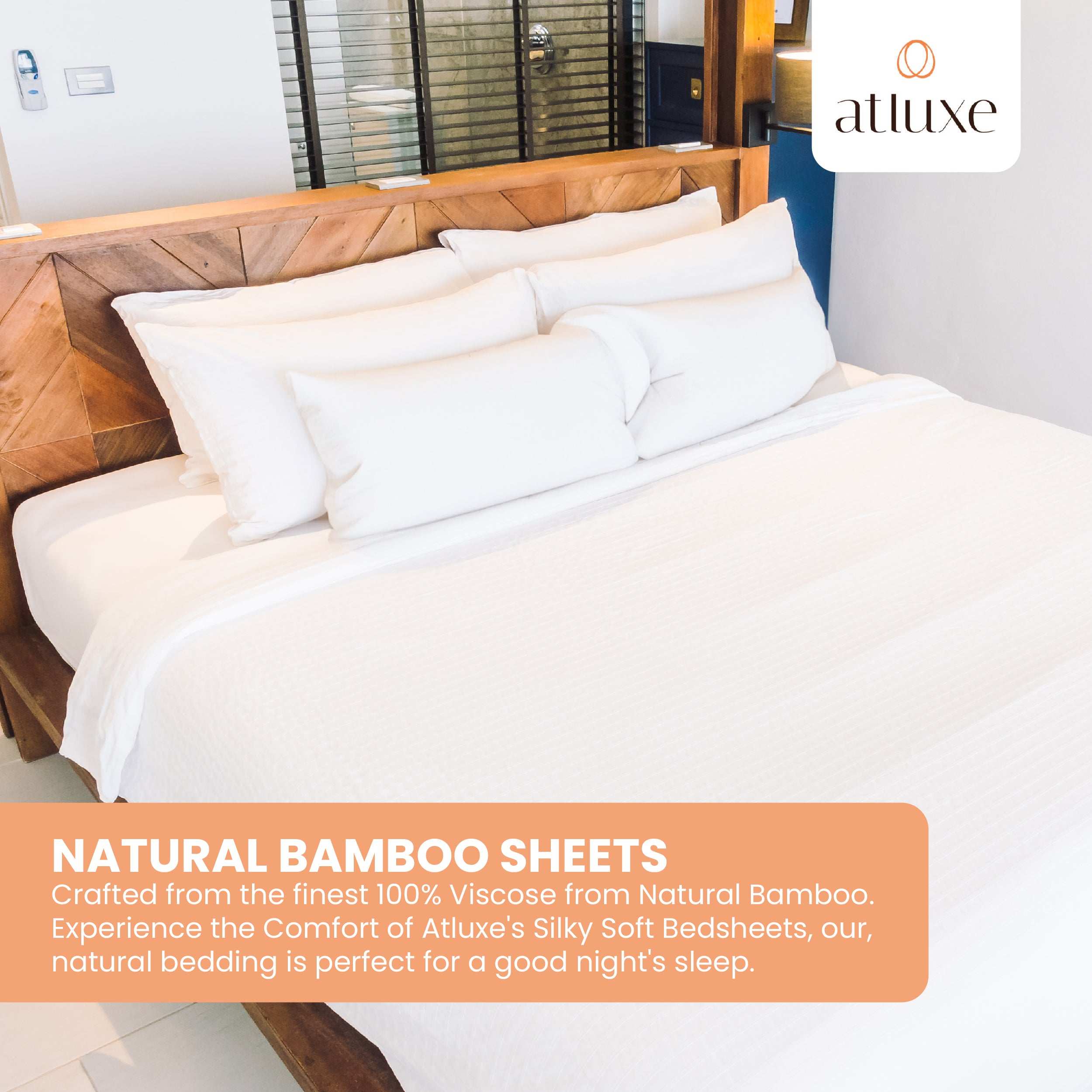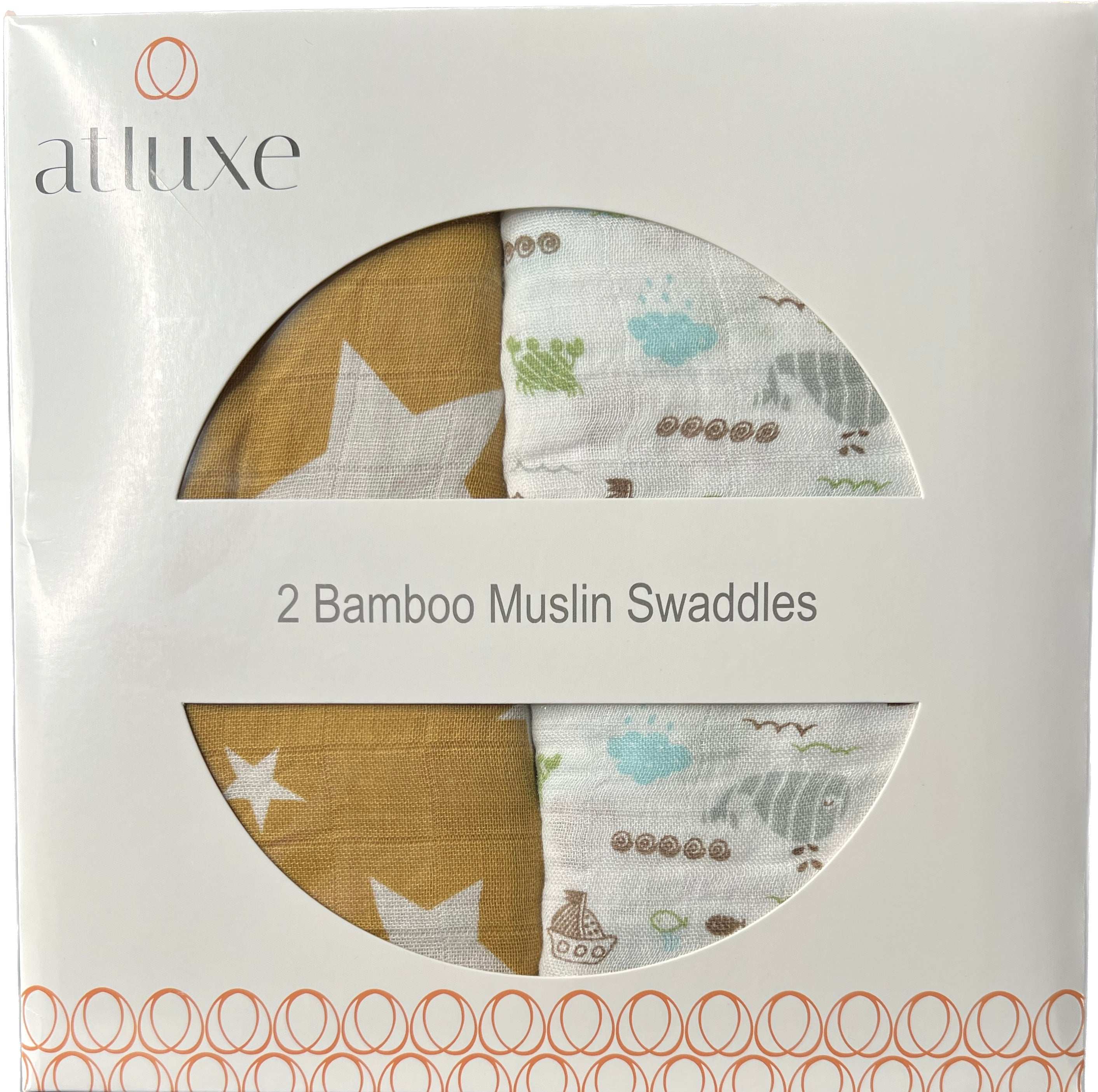Are you tired of waking up with itchy eyes and sneezing fits? Finding the right bedding can significantly improve your sleep quality, especially if you suffer from allergies. In this guide, we’ll explore some must-have hypoallergenic bedding essentials that not only provide ultimate comfort but also create a healthier sleeping environment. Dive in to discover how you can transform your bedroom into a serene haven!
1. Luxurious Hypoallergenic Comforters
When it comes to creating a peaceful sleeping space, luxurious hypoallergenic comforters are an absolute must. These comforters are specifically crafted from materials that resist allergens, ensuring that dust mites and mold don’t disrupt your tranquility. Imagine wrapping yourself in a soft, plush cocoon that cradles you in warmth without causing irritation or skin reactions. One of the key materials used in hypoallergenic comforters is synthetic fibers, which offer the same cloud-like comfort as down without the risk of allergy exacerbation.
But comforters aren’t just about function; they also significantly contribute to the aesthetic of your bedroom. Many hypoallergenic options come in various colors and patterns, allowing you to express your personal style while also maintaining a healthy sleep environment. Also, unlike traditional comforters, hypoallergenic versions are often easier to care for; most can be tossed into the washing machine without special treatment. This not only saves you time but also promotes a regularly fresh and hygienic sleep space.
In addition, investing in a quality hypoallergenic comforter can improve your overall sleep quality. Sleep studies have shown that a comfortable sleep environment can lead to deeper, more restful sleep and ultimately better health. Opting for a high-quality, hypoallergenic comforter is a decision you won’t regret, as it combines luxury and practicality, enabling you to sleep soundly without the bothersome effects of allergens.
2. Breathable Hypoallergenic Pillows
Breathable hypoallergenic pillows play a crucial role in achieving a good night’s sleep, especially for allergy sufferers. Unlike traditional pillows that can trap moisture and allergens, these specially designed pillows allow for better air circulation, which helps to keep you cool and comfortable throughout the night. Many of these pillows are filled with materials such as memory foam or latex that naturally resist dust mites and mold, giving you peace of mind as you rest your head.
One of the standout features of breathable hypoallergenic pillows is their adaptability. Many come in various loft levels to support different sleeping positions whether you’re a back, side, or stomach sleeper, there’s a perfect pillow for you. This tailored support not only helps alleviate neck and back pain but also ensures that your airways remain clear, which can reduce snoring and enhance sleep quality. The right pillow can truly make a world of difference.
Furthermore, keeping your hypoallergenic pillow clean is a breeze; many have removable, washable covers, ensuring that you can maintain a hygienic sleeping environment. By investing in a high-quality breathable hypoallergenic pillow, you’re not just purchasing comfort—you’re also making a proactive step towards a healthier night’s sleep.
3. Allergen-Resistant Mattress Protectors
If you’re serious about battling allergies in your sleep space, allergen-resistant mattress protectors are non-negotiable. These protective covers create a barrier between you and your mattress, effectively preventing dust mites, pet dander, and other common allergens from infiltrating your bed. Think of them as an extra layer of security for your health, ensuring that your mattress stays pristine for years to come.
Moreover, many mattress protectors are designed to be waterproof, safeguarding against spills and accidents. This feature is particularly valuable if you have kids or pets at home. A waterproof barrier can help prolong the life of your mattress while offering you the peace of mind that comes with knowing your bed is safe from potential damage. Just like comforters and pillows, mattress protectors can often be machine-washed, making them easy to maintain.
With a variety of materials available, from breathable fabrics to softer options, finding a mattress protector that suits your needs shouldn’t be difficult. Whether you prefer cotton for its softness or a more technical fabric for its moisture-wicking properties, there’s an allergen-resistant mattress protector for everyone. By incorporating one into your bedding routine, you will enhance your sleep hygiene and overall comfort, making it a wise investment for long-term health.
4. Microfiber Sheets for Sensitive Skin
When it comes to tackling sensitive skin and allergies, microfiber sheets are a game-changer. These sheets, made from ultra-fine synthetic fibers, provide a soft and velvety surface that is gentle against your skin. What’s even better is that their densely woven fabric is inherently resistant to dust mites and other irritants, making them an ideal choice for those with allergies.
Microfiber sheets also have an amazing ability to wick away moisture, ensuring that you stay comfortable all night long. This quality is particularly important for those who tend to sweat during their sleep. They are lightweight yet warm, which means you can enjoy the perfect balance of coziness without feeling overheated. Plus, with a range of colors and styles available, they can complement any bedroom décor effortlessly.
Moreover, these sheets are incredibly easy to care for. They are usually wrinkle-resistant, which makes them look good for longer between washes. And when it’s time to clean, they can be tossed in the washing machine, maintaining their softness and vibrant color even after multiple cycles. By choosing microfiber sheets, you not only protect your sensitive skin but also enhance the aesthetic and comfort of your sleeping space.
5. Natural Fiber Blankets
Natural fiber blankets are an excellent choice for adding warmth and comfort to your hypoallergenic bedding collection. Crafted from materials such as cotton, bamboo, or wool, these blankets are breathable and naturally hypoallergenic, allowing you to snuggle up without worry. The beneficial properties of natural fibers also help regulate your body temperature, ensuring you remain comfortable, no matter the season.
For instance, organic cotton blankets are not only soft and cozy but also free from harmful chemicals, making them suitable for those with sensitive skin. Similarly, bamboo blankets are known for their moisture-wicking properties, keeping you dry and comfy, while also being naturally resistant to mold and mildew. Imagine curling up under a blanket that not only feels great but is also promoting a healthier sleep environment!
Additionally, natural fiber blankets often come in beautiful designs and textures, enhancing your bedroom aesthetics. Whether you prefer a chunky knit for a rustic charm or a lightweight cotton weave for a coastal look, there’s a natural fiber blanket to suit every style. The best part? They’re typically machine-washable, so you can easily keep them fresh and clean, no matter how often you use them.
6. Washing and Care Products for Bedding
Taking care of your hypoallergenic bedding is essential to maintaining a healthy sleep environment, and that starts with the right washing and care products. Opting for gentle, fragrance-free detergents can help ensure that irritants aren’t introduced into your fabrics, preserving their hypoallergenic properties. Opting for eco-friendly options can also minimize your impact on the environment while keeping your bedding fresh.
Furthermore, consider incorporating fabric softeners crafted specifically for sensitive skin to help soften your sheets, comforters, and blankets without introducing harmful chemicals. Look for products that are certified hypoallergenic to get the best results. Regular laundering is key; it’s recommended to wash your bedding at least once a week to keep allergens at bay.
It’s also wise to invest in high-quality laundry bags for delicates; these can help extend the life of your bedding. By following recommended care instructions and using the right products, you can prolong the lifespan of your hypoallergenic bedding while enhancing its performance.
7. Essential Accessories for an Allergy-Free Sleep
Creating an allergy-free sleep environment goes beyond just selecting the right bedding; essential accessories play a vital role too. Consider adding air purifiers to your bedroom, which help to filter out allergens in the air. This simple addition can make a significant difference, especially during peak allergy seasons when pollen counts are high.
Additionally, investing in hypoallergenic curtains can further minimize the presence of allergens. Drapes made of microfiber or other tightly woven materials can limit dust and pollen in your room while maintaining a stylish ambiance. Don’t forget about washable decorative pillows and throws; these can easily be taken care of, ensuring a fresh look and feel without compromising your health.
Moreover, consider regularly vacuuming your carpets and upholstery with a vacuum cleaner equipped with a HEPA filter. Not only does this practice help keep allergens at bay, but it also contributes to a cleaner and more hygienic living space. By incorporating various essential accessories into your bedroom, you’ll be well on your way to achieving an allergy-free oasis designed for quality sleep.







Leave a comment